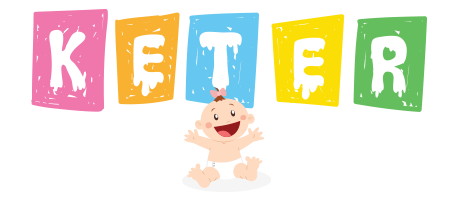
Continuation:
- Make sure kids understand what’s acceptable and what’s not, and take care to explain the reasons for rules.
We shouldn't expect children to read our thoughts. Nor should we expect children to develop advanced moral thinking skills, not if we don't share our ideas.
It is therefore important to involve children in two-way authentic conversations about our standards. The aim is not just to recite a set of rules, but to explain the logic of the rules and answer children's questions and concerns.
This approach is sometimes referred to as "inductive discipline" and is a fundamental principle of authoritative parenting, a parenting style associated with the best outcomes for the child.
- Find ways to say yes.
The problem with "no" is that it can provoke abuse and resistance. Parental criticism can evoke feelings of optimism and make children feel that what needs to be improved is not needed.
So, if your child wants to do something that is out of the question, don't be repulsive or critical. Help her find acceptable options.
If it's a child, it may mean that you offer a quick move. If you are a teenager, it can mean meaningful discussion and negotiation. Experiments suggest that teenagers are less likely to learn from negative feedback than adults, especially if they do not see any satisfactory options.
- Catch children at being good.
Some people believe that it is wrong to praise or thank children for staying on track. They feel that adopting good behavior is a good thing. The evidence strongly argues against this, however
As previously mentioned (Positive Parenting Advice # 7), young people can respond more easily to rewards than to penalties.
And experiments on young children show that they are very sensitive to praise. When parents were asked to offer simple praise for their children’s good behavior (“Good!”), The children subsequently had fewer behavioral problems.
- Be a good “emotion coach.”
Another key parenting tip is what psychologists call "emotional training" - talking to children about their feelings and discussing useful strategies for coping with emotionally difficult situations
By acting as an emotional trainer, you reassure children that you understand and respect them. You also provide the specific support they need to develop strong self-regulatory skills. Read more about emotional training in this article on parenting science.
- Angry? Impatient? Hassled? Stressed out? Get your own emotional state under control before interacting with your child.
It's easy to see how anger undermines positive parenting efforts. But other negative emotions are also a threat. For example, as I explain in another article, children can even recognize when we are stressed, and stress is contagious.
So before you interact with the baby, take a minute to calm down and enter the zone. Taking a break is better than overreacting to your child's violations.
